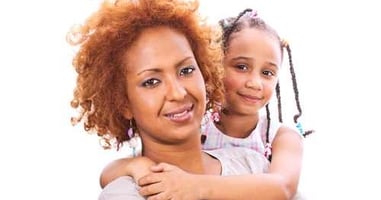Being bullied during childhood has a greater negative impact on the mental health of young adults...
Child Bully Victims Fare Worse as Adults on Several Measures, Study Finds
 |
After adjustment for family hardship and childhood psychiatric disorders, however, the “pure” bullies were at no great risk than their unaffected peers. Bully-victims were much more likely to fail to complete their education, have difficulty holding a job, and have problems forming and maintaining friendships, said Wolke and Copeland. “Involvement with bullying can be easily assessed and monitored by health professionals and school personnel, and effective interventions for reducing victimization are available,” they concluded.
To read more about mental health consequences of bullying, see the Psychiatric News article “Effects of Bullying Don’t End When School Does.” Also see the book Preventing Bullying and School Violence from American Psychiatric Publishing.
(Image: Suzanne Tucker/Shutterstock.com)





